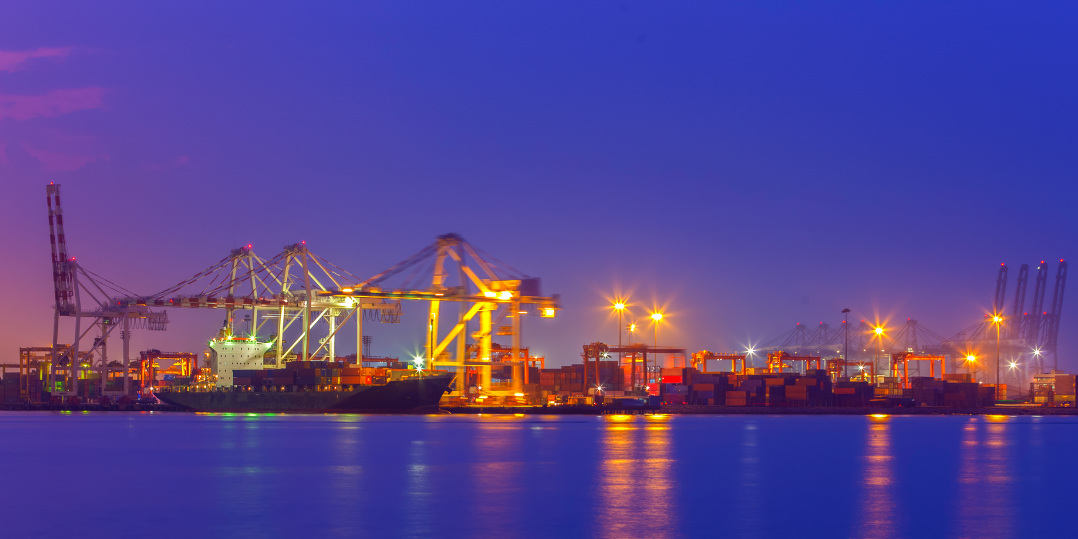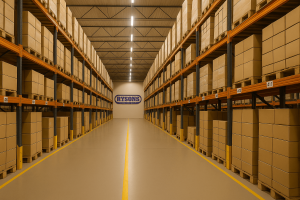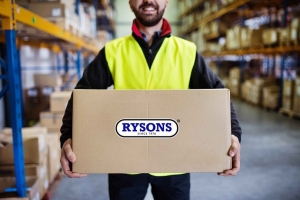How Felixstowe Strike affect retail supply chain & consumers?

What is Felixstowe Port?
The Felixstowe Port is in Suffolk and is the UK’s largest container port, responsible for most of the trade occurring in and out of the country. This port accounts for 48% of the trade occurring in England, with around 2,550 individuals working there. It handles larger items such as furniture, clothing and electronics arriving from Asia, with a large number of shipping lines and 700 ports involved.
3 days ago on Monday 22nd of August an 8-day strike commenced (it is looking likely to be extended beyond the 8 days). This port has not seen a strike since 1989, but with the rising cost of living workers agreed to strike, with a whopping 92% in favour of the strike.
Why do union members strike?
A strike is when individuals or a group of individuals collectively agree to stop working. There are quite a few reasons as to why union members strike, but mainly involve their pay and working conditions. The only way the members feel people higher up will listen is if they stop working, as this affects the money being made. Recently we have seen an increase in the amount of strikes occurring, following strikes involving Rail & Underground services, Royal Mail, post office, refuse collectors and more.
Why are the port workers striking?
1,900 members of the Unite union attempted to negotiate a wage increase, however this failed and as a result the members are currently striking for 8 days. They are striking to show just how needed and valuable their job is, meaning they should have a salary that reflects this.
Furthermore, we are set to experience high levels of inflation which is a worry for the port workers, so they are asking for a wage that could handle these rising costs. The Bank of England has actually forecast the consumer prices index measure of inflation to rise over 13% this year.
What will be affected?
As much as $4.8 billion in trade may be delayed due to the 8 day strike occurring at the Port of Felixstowe, with £700 million being lost completely.
How will the consumer be affected?
Your Christmas shopping! Oh the horror! No, but seriously, the supply chain could be delayed up until mid November, so say bye bye to organised presents and hello to the mad rush! Consumers will also experience shortages of their items, as well as a decrease in the amount of choice that they have available to them.
Inevitably, prices will be driven up by these delays so the consumer will end up spending more. This increase is partly due to increased logistics costs, which means that more money will be needed for labour etc.
If you are looking for great savings, a vast range of quality products & great customer service, we at Rysons are here to help. Our team is on hand to answer your calls at +44 (0) 161 387 7214 to answer any questions & ease any worries you may have regarding buying wholesale.





